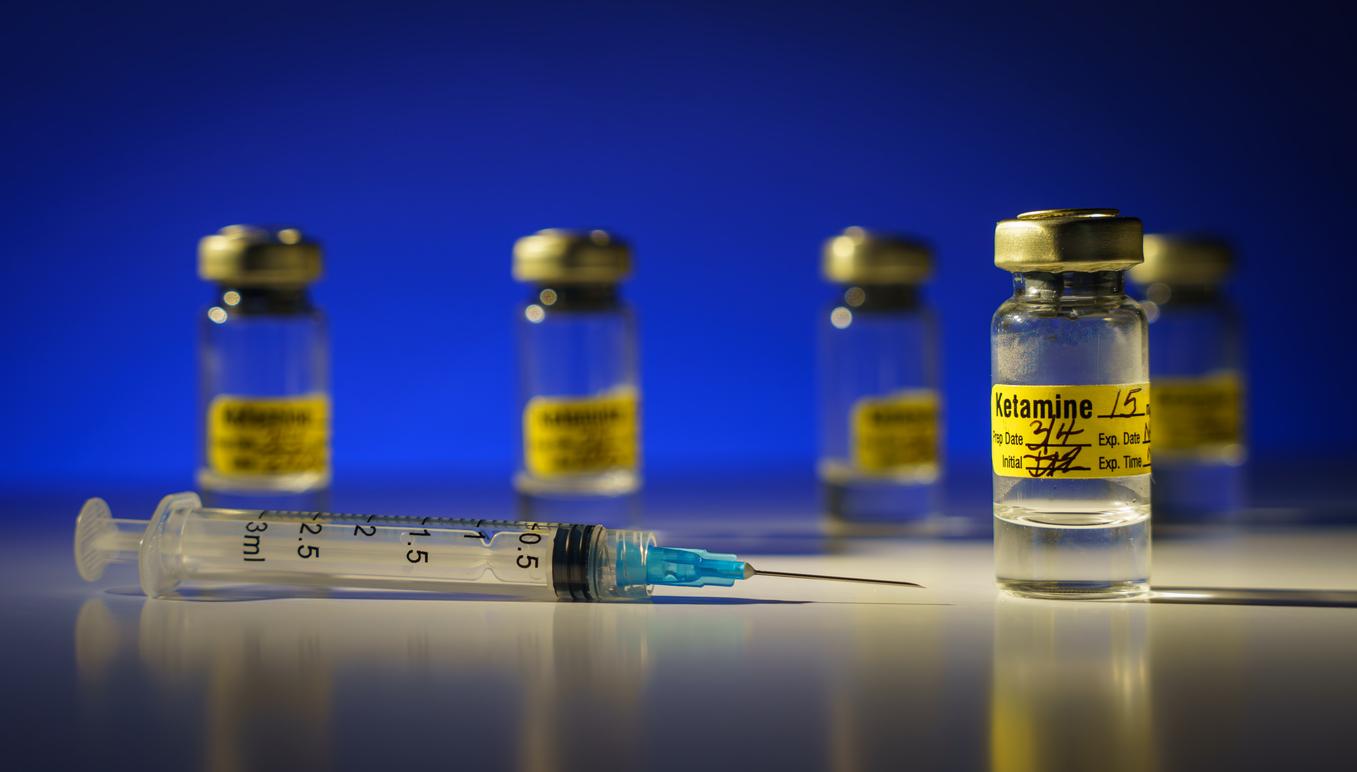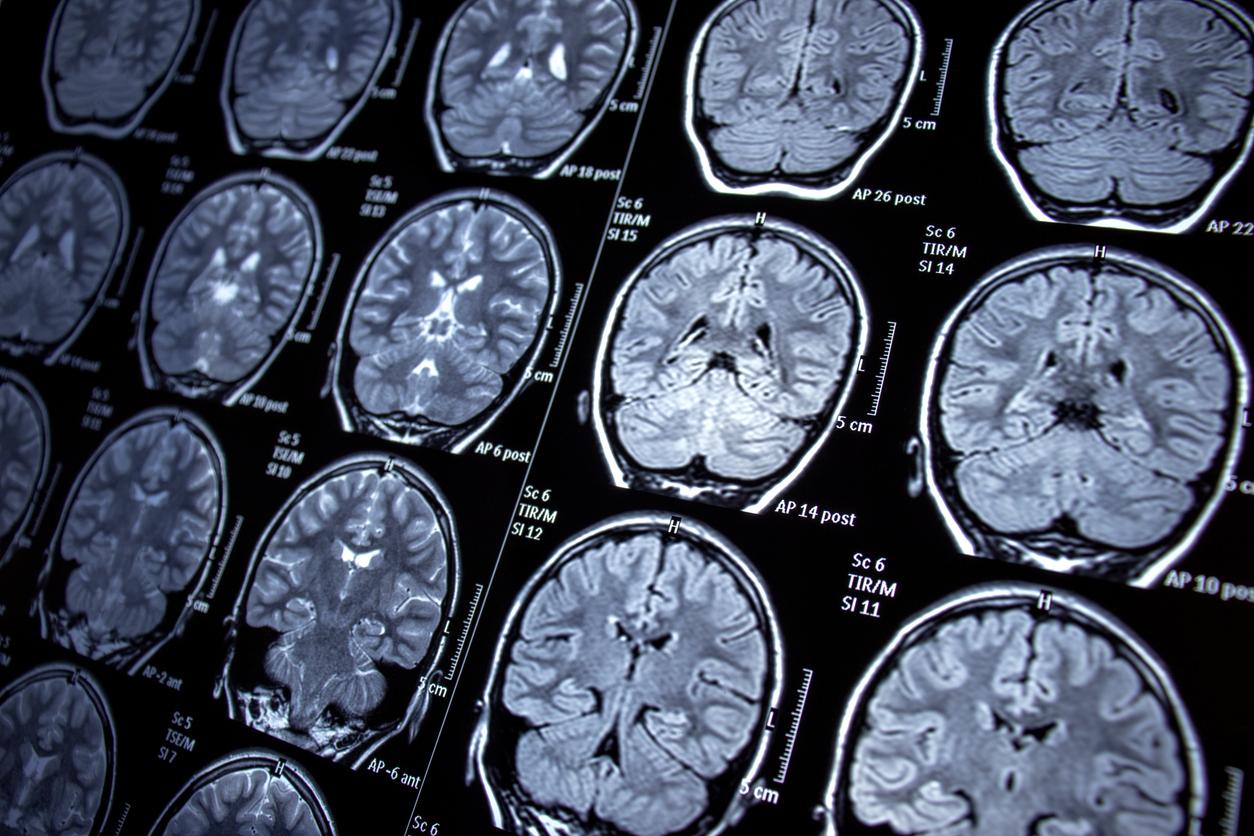Called AgRP, this small family of neurons located in the lower part of the hypothalamus could be involved in the state of chronic stress and thus contribute to depression.

- The study, conducted on mice suffering from depression, shows that chronic stress inhibits the activity of AgRP neurons, which contributes to the development of depressive behavior.
- However, it is possible to reactivate the AgrP neurons using a synthetic agonist: the depressive disorder then disappears.
- This discovery paves the way for new, more targeted treatments for depression.
AgRP nerve cells definitely don’t have a good reputation. Already singled out for their role in the assimilation of food and therefore in weight gain, these neurons housed in the arcuate nucleus (AN), in the lower part of the hypothalamus, could also be involved in triggering depressive states.
This is the conclusion reached by researchers from the Medical College of Georgia (MCG) at the University of Augusta (USA). In a study published in the journal Molecular Psychiatrythey provide evidence that chronic and unpredictable stress induces changes in the function of AgRP neurons that may contribute to depression.
Inhibition of AgRP neurons by chronic stress
For Dr. Xin-Yun Lu, Director of the Department of Neuroscience and Regenerative Medicine at the MCG, “the small number of AgRP neurons is probably a logical target for the treatment of depression”. “It’s clear that when we manipulate these neurons, it changes behavioral responses.” However, several questions remain, such as how these AgRP neurons in the brain help us cope and adapt to unpredictable chronic stress over time.
To study the activity of AgRP neurons in the event of chronic stress, the researchers worked on a mouse model suffering from depression. They found that this type of stress decreases the activity of AgRPs: the latter lose their ability to activate spontaneously, which increases activation irregularities and alters the usual activation properties of AgRP neurons.
The researchers also used a small molecule to directly inhibit neurons. This had the consequence of increasing the mice’s susceptibility to chronic and unpredictable stress, and ultimately triggering depressive behavior. By reactivating the neurons, classic depressive behaviors such as hopelessness and the inability to experience pleasure disappeared.
More targeted depression treatments
For Dr. Lu, these results are very encouraging and pave the way for the development of more targeted treatments for depression. “We can stimulate these neurons remotely and reverse depression”she claims, explaining that it is possible to use a synthetic small-molecule agonist capable of binding to AgRP neurons to better control their activity.
This method could lead to “better ways to treat depression, including more targeted treatments that could reduce side effects, which are often significant enough to cause patients to stop taking them”continues Dr. Lu, who cites weight gain and insomnia among the adverse effects.
Although it is still unclear whether some of the existing antidepressants like Prozac have an impact on AgRP neurons, it is possible that new therapies designed to target neurons may also cause weight gain due to the role of neurons in the eating behavior and metabolism, however, notes Dr. Lu.

.
















